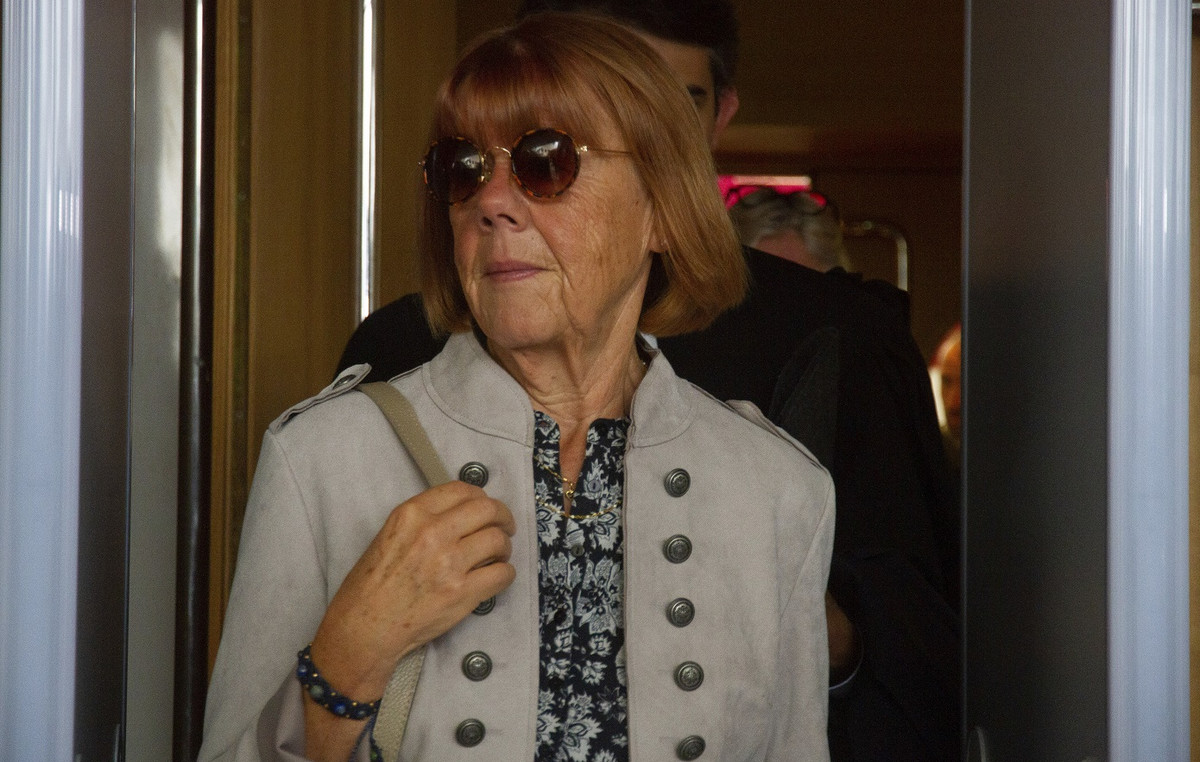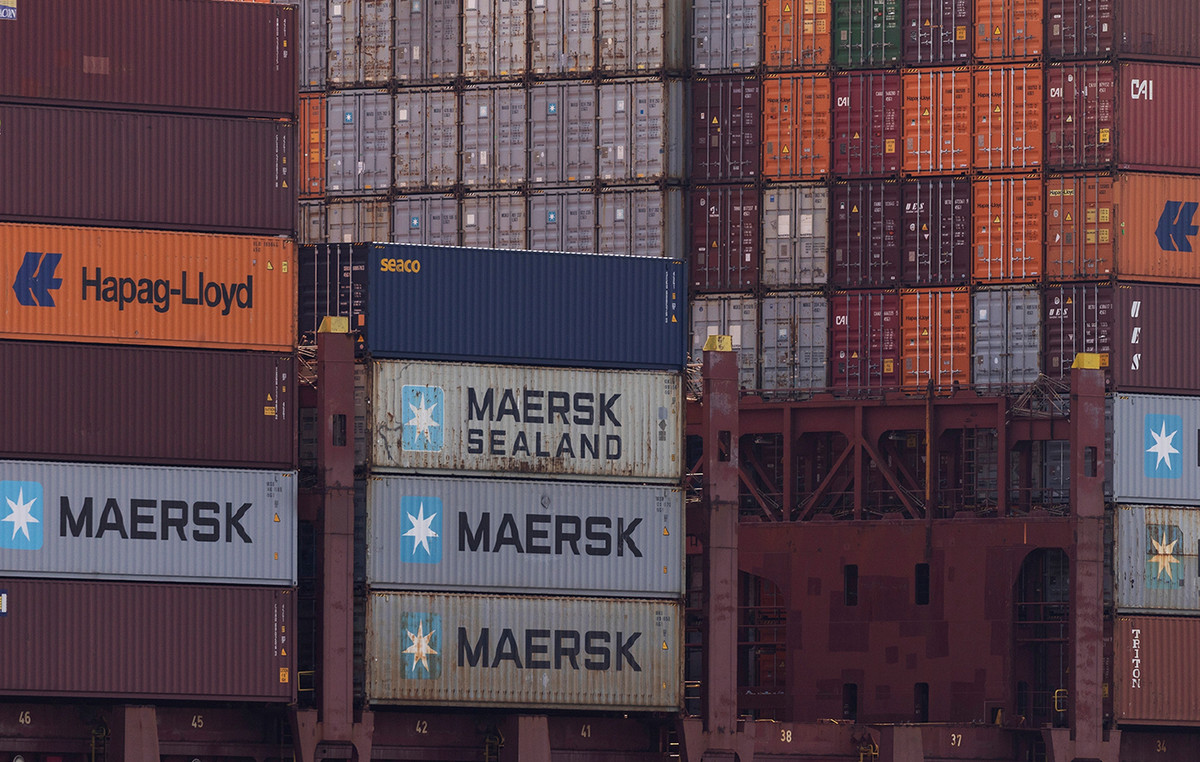This is why one is born dishware. Pay attention: at children's parties the disposable tableware they are the rule. And so too for barbecues and picnics in company, there is the risk of using infinite quantities of tableware (plastic in the past, now paper following the community legislation which in 2021 banned the sale of disposable plastic), which fill bags and garbage bags. A convenience with quite a few implications in terms of waste and environmental impact.
It is thought that paper cutlery is more environmentally friendly than plastic, but is this really the case? A study by the University of Gothenburg aimed to answer this question by carrying out tests to evaluate the biodegradability of the substances used for the bioplastic surface coating, especially of glasses. The test results, published in an article in the scientific journal Environmental Pollution, have shown that these dishes do not decompose easily and contain potentially harmful chemicals. “Unfortunately, bioplastics contain at least as many chemicals as conventional plastic,” explained study curator Carney Almroth. Furthermore, paper production requires a lot of water and energy, contributing to pollution and deforestation.
For these reasons, disposable paper tableware is not an ecological solution and, in any case, fight the culture of single-use and waste must be a concrete objective for everyone, as well as one of the objectives of the United Nations 2030 Agenda. The commitment on our part must therefore be more concrete than a simple choice of “label”. But how to do it? One solution could be to bring your own crockery, or each guest bring their own (a habit that is spreading in many European countries, especially in Germany and Scandinavia).
Another more convenient solution is the one offered by the dishware, “cutlery libraries”, places where you can rent cutlery and everything you need for parties, with the aim of reducing disposable waste and promoting sharing and the circular economy. In fact, the crockery library is a loan service which, after an offer or a deposit, offers reusable crockery on loan for use, usually made of hard plastic or stainless steel, which can withstand the high temperatures of the dishwasher.
The service is offered by associations, schools and some bodies, such as the Municipality of Florence. If you are looking for one near you, The family-waste blog he mapped a few and there's even a group Facebook which reports them. In short, to combat the culture of single-use and plastic waste, we must change our consumption habits and adopt a more sustainable lifestyle. Dishware libraries are an example of how we can do this, choosing to share and reuse resources, instead of using and throwing them away.
Source: Vanity Fair
I’m Susan Karen, a professional writer and editor at World Stock Market. I specialize in Entertainment news, writing stories that keep readers informed on all the latest developments in the industry. With over five years of experience in creating engaging content and copywriting for various media outlets, I have grown to become an invaluable asset to any team.







